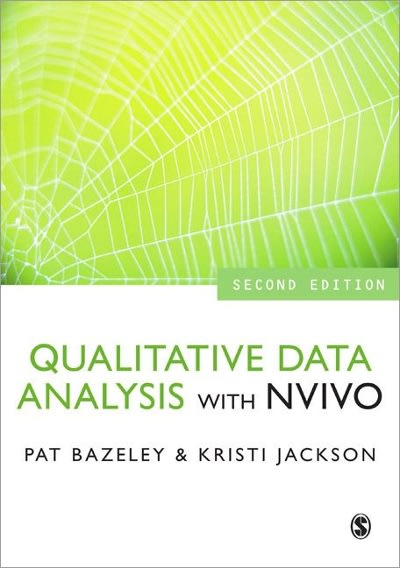Question
This is for a discussion Post. What do you think of this passage? What part of the passage stood out the most? and why? What
This is for a discussion Post.
What do you think of this passage?
What part of the passage stood out the most? and why?
What are your thoughts on this assertion? Additionally, did you draw your circles? If so, would you mind sharing?
In 1964 a young psychologist appeared before the US Congress with a mission. it was a time when most people thought that the reason poor people stayed poor. was a matter of biology and had nothing to do with the environment they grew up in. The psychologist Uri Bronfenbrenner, wanted to change to change that and convince the world that to help those less fortunate we also need to change their surroundings, but did he succeed?
Bronfenbrenners ecological system theory conceives that a child is influenced by five ecological forces. first comes to micro system of family and friends that affect the child directly. second are the forces of the connections between the people around the child: parents with teachers and teachers with Peers. then there are links between social settings that do not directly involve the child, such as the father with his boss, the peers with their parents, and the teachers with the principal. next is the over arching culture, religion and social norms that influence all others and lastly, there is time which changes everything over the course of one's life. children are born into a micro system that influences the child's experiences directly. children from unfortunate backgrounds are more likely to experience problematic family structures, even if it's simply, for the fact that parenting is more difficult if you are poor, they also encounter more negative situations at school or bad influences through friends. consequently, a child that grows up in a negative microsystem will find it hard to succeed. The mesosystem represents the interconnections between the elements that surround the child. for example, the relationship between the father and the school teachers. if the father doesn't get along with the teacher, the child might suffer. The EXO system involves links between social settings that do not involve the child. For example, a child's experience at home can be influenced by their parents experiences at work. if the mother loses her job, there might be more arguments with the father resulting in changes in their interaction with the child. The macro system describes the overarching culture that influences all other symptoms such as A child's geographic location and ethnicity. intelligent people who happen to live in bad places are more likely to move to better ones but that also means that they are more likely to be strangers in a richer society. so regardless of the child's biological potential or upbringing on a macro level he or she may still be at a disadvantage. the Chronosystem refers to changes in the child and the environment over time. as the child grows up, the parents may stop loving each other and divorce which can be traumatic for an eight-year-old boy. Five years later, he may have come to terms with how things turned out, but when the boy turns 16, his mom's new boyfriend moves into their tiny apartments, and things get difficult again. Brofenbrenner, who was influenced by Lev Vygotsky and Kurt Lewin, convinced the US congress that a child's prospect is not genetically predestined, but is the result of the larger environment they happen to be placed in. of the larger environment they happen to be placed in. children who grow up in unfortunate social structures, therefore need a form of support that not only reaches their families, but also elements of their community. Bronfrenbrenners's theory helped form the head start program in 1965, a government program that has served more than 35 million poor children since. decades later Bronfenbrenner and Stephen Ceci proposed an extension of this theory, called the "bioecological model,. This new model recognizes gene-environment interactions and acknowledges the role of heritability, but adds that genes themselves are under the influence of the environment. In other words, the process of heritability varies in a magnitude of potentials. how much a child can make of the potential they inherit depends on the ecological environment. Bronfenbrenner made a critical contribution to our realization that parent-child relationships do not exist in social vacuum, but are embedded in the larger structures such as community, society, and culture. in order to develop well, he allegedly said "every child needs at least one adult who is irrationally crazy about him or her." Now its your turn. make 5 circles. draw yourself in the center and add a timeline at the bottom. then add all the people, institutions and forces that affect your life.
Step by Step Solution
There are 3 Steps involved in it
Step: 1

Get Instant Access to Expert-Tailored Solutions
See step-by-step solutions with expert insights and AI powered tools for academic success
Step: 2

Step: 3

Ace Your Homework with AI
Get the answers you need in no time with our AI-driven, step-by-step assistance
Get Started


